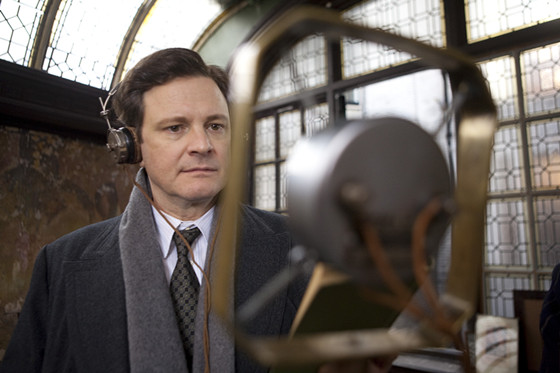
As this year’s Oscars have come and gone, and the bickering over which film should win gives way to arguing over whether or not the winners deserved the accolades, let’s look back at some of the winners and losers of the recent past.
These films may have won big or lost on a ton of nominations, but they are not the films we normally think of when we think of the greatest in recent memory. Some of them are forgotten (and maybe they should stay that way), and some are gems that need to be revisited. They span the years of 2000-2015. Enjoy, and feel free to rip me apart in the comments.
1. The Fighter (2010)
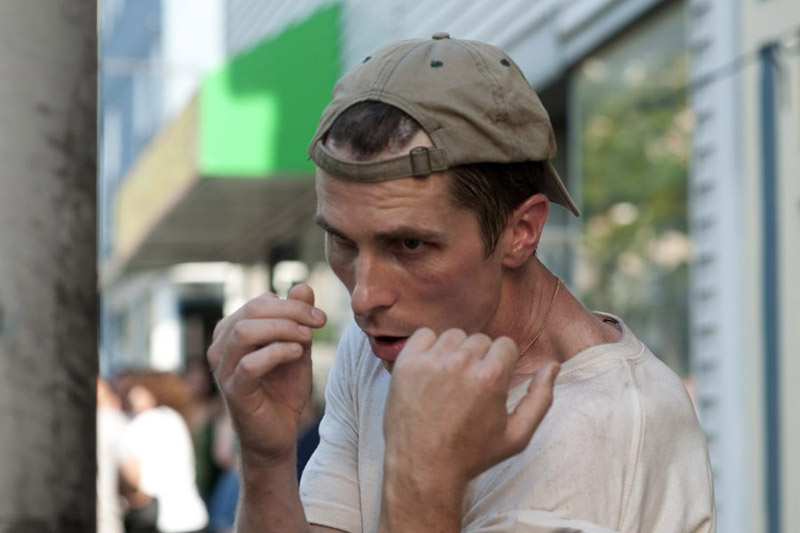
David O. Russell’s domination of Oscar nominations began with The Fighter, a biographical sports drama starring Mark Wahlberg, Christian Bale, Amy Adams, and Melissa Leo. The film centers on the lives of professional boxer Micky Ward (Wahlberg) and his older half-brother Dicky Eklund (Bale).
The film stars Amy Adams as Micky’s girlfriend, Charlene Fleming, and Melissa Leo as Micky and Dicky’s mother, Alice Eklund-Ward. The Fighter was nominated for seven Academy Awards, including Best Picture and Best Director, winning the awards for Best Supporting Actor (Christian Bale) and Best Supporting Actress (Melissa Leo).
The film received largely positive reviews with critics singling out the performances of Wahlberg, Bale, Leo, and Adams. Sports Illustrated named it one of the best sports films of the decade, and went so far as to say it was one of the best since Martin Scorsese’s Raging Bull.
In the competitive year of 2010, The Fighter lost many of its nominations; however, it became the first film since Hannah and Her Sisters in 1986 to win both the Best Supporting Actor and Best Supporting Actress Oscars.
Outside the realm of boxing and sport, the film has not held up as well as others from the same year, like the Social Network and Inception. However, I do have to agree with Sports Illustrated: This is one of the best sports films in a long time.
2. The Iron Lady (2011)
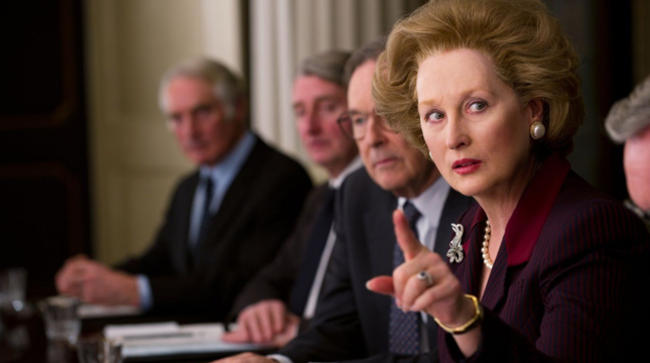
Meryl Streep and her hair and makeup team. These are the only redeeming qualities of The Iron Lady. This explains why the only two Academy Awards won by The Iron Lady were for Best Makeup (later renamed Best Makeup and Hairstyling) and for Best Actress for Streep’s transcendent performance as The Iron Lady herself, Prime Minister Margaret Thatcher.
The film was met with mixed reviews, though many praised Streep’s performance as one of the finest in her career. She received her 17th Best Actress Oscar nomination for her portrayal and ultimately won the award, 29 years after her first win. She also earned her third Golden Globe Award for Best Actress – Motion Picture Drama Award (her eighth Golden Globe Award win overall), and her second BAFTA Award for Best Actress in a Leading Role.
The rest of the film was considered shallow and superficial, and it seemed that Streep was all dressed up and nailing the performance with nothing behind her to support it. The Iron Lady was nominated for just those two Oscars, and I will admit that Streep deserved her award. I was pulling for Viola Davis for The Help, but Streep was incredible.
I will say that this film lacks much of the emotional gravitas than other films for which she has been nominated, so seeing that this film will be remembered for Streep finally winning her third Oscar is a bit of a shame. At least Streep got it and her performance deserved it.
3. House of Sand and Fog (2003)
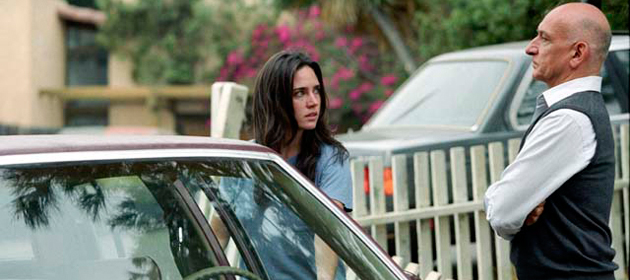
Based on the novel of the same name by Andre Dubus III, House of Sand and Fog concerns the battle between a young woman and an immigrant Iranian family over the ownership of a house in Northern California, which ultimately leads to the destruction of four lives.
The directorial debut of Vadim Perelman, the film was nominated for three Academy Awards, for Best Actor (Ben Kingsley, as the patriarch of the Iranian family), Best Supporting Actress (Shohreh Aghdashloo), and Best Original Score (James Horner).
Aghdashloo was a respected Iranian actress before coming to the United States, where she was promptly offered roles as terrorists and villains, so she turned to theater. This was her first film in twenty years. House of Sand and Fog received positive reviews, many praising the acting of Kingsley and Aghdashloo and the sheer intensity and emotional symbolism brought from the direction of Perelman.
On Oscar night, House of Sand and Fog lost all of the categories it was nominated for. Kingsley lost to Sean Penn for his performance is Mystic River. Aghdashloo lost to Renee Zellweger for her performance in Cold Mountain, and Horner lost to Howard Shore for his score of Lord of the Rings: The Return of the King. The film was overshadowed that night and it has been forgotten since.
4. Changeling (2008)
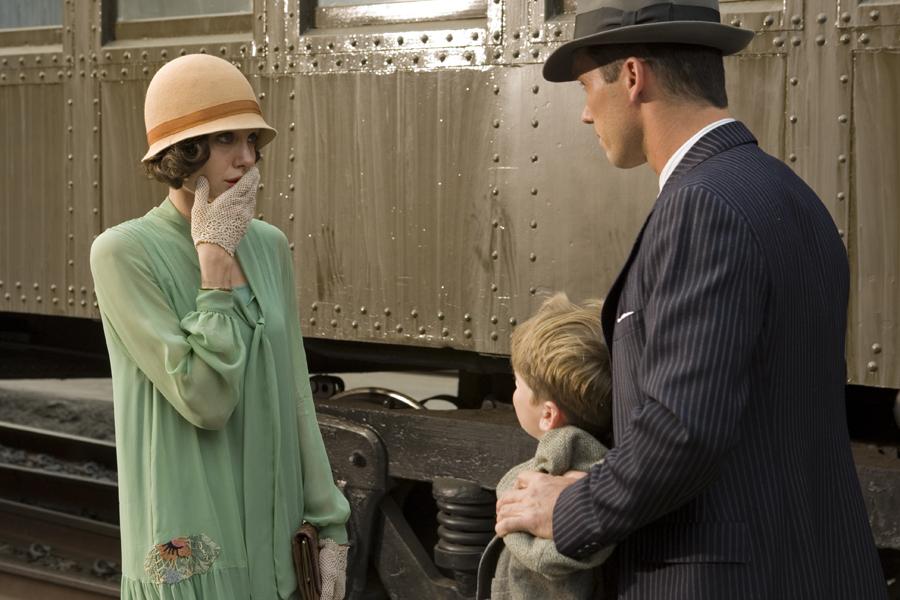
A year of research and over 1000 pages of documentation—along with the actual production and release of the film. That’s a lot of work for a film not many people remember. Written by J. Michael Straczynski and directed, co-produced, and scored by Clint Eastwood, Changeling was partially based on real-life events, the 1928 “Wineville Chicken Coop” kidnapping and murder case in Los Angeles, California.
The film stars Angelina Jolie as a woman supposedly reunited with a boy she immediately realizes is not her missing son. When, however, she tries to demonstrate this to the police and city authorities, she is vilified as a delusional and unfit mother. The film premiered at the Cannes Film Festival to overall critical acclaim, with the acting and story receiving praise.
However, the conventional staging and lack of nuance were critiqued. Several critics placed the film on their best of list for 2008. Changeling made a respectful earning at the box office and was nominated for three Oscars: Best Production Design, Best Cinematography, and Best Actress for Jolie.
Although Changeling covers intricate and difficult themes like the disempowerment of women, corruption in political hierarchies, and how children are affected by violence, many have forgotten the film against the rest of Eastwood’s filmography, especially as his next release was the much-acclaimed Gran Torino.
Jolie has since moved on as well, directing and starring in other films of note. This fact-driven drama was too much for some people then, and the film’s uncomfortable themes make it a lost masterpiece.
5. The Last Station (2009)
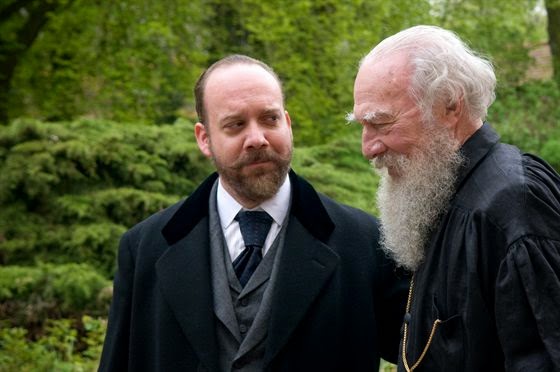
Written and directed Michael Hoffman, who would later give us the remake of Gambit and the Nicholas Sparks adaptation, The Best of Me, The Last Station is based on Jay Parini’s 1990 biographical novel of the same name, which chronicled the final months of Leo Tolstoy’s life.
The Last Station stars Christopher Plummer as Leo Tolstoy and Helen Mirren as his wife, Sofya Tolstaya. The film is about the battle between Sofya and Leo’s disciple Vladimir Chertkov for Tolstoy’s legacy and the copyright of his works.
The film premiered at the 2009 Telluride Film Festival. It had an award-qualifying limited release, first at the end of December and then a wide release in January, normally a high profile time for an Oscar contender to come out.
The film received overall positive reviews, with most singling out of the performances of the leads, especially Helen Mirren. Hoffman’s script was not so praised, hence the lack of a nomination. Plummer and Mirren received acting nominations from the Screen Actors Guild, The Golden Globes, and the Academy Awards.
Personally, I did not see this film, nor do I know anyone who did. The film did not make back its $18 million budget. Although The Last Station received nominations in two of the top acting categories for the Academy, both performances lost and the film itself has faded into obscurity, due to its highly specific subject matter.
6. Extremely Loud and Incredibly Close (2011)
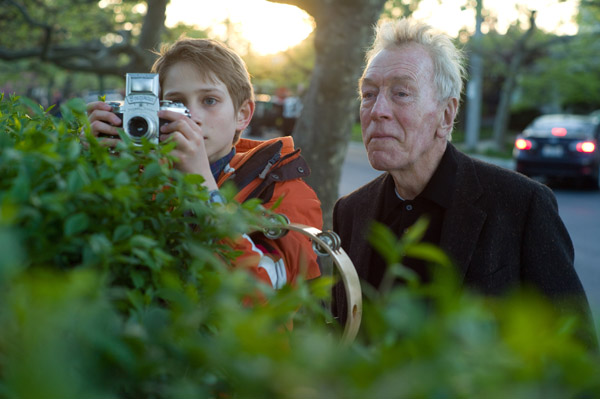
One of the most obvious and desperate attempts at Oscar bait, Extremely Loud and Incredibly Close was nominated for two Oscars, Best Picture and Best Supporting Actor for Max von Sydow.
Based on the book by Jonathan Safran Foer, the film follows a young child, Oskar, who lost his father in the 9/11 attack, as he goes on a mission to find a message he thinks his father left him. Oskar finds a mysterious key in his father’s closet and he goes out to find the lock it to which it belongs.
Directed by Stephen Daldry and written by Eric Roth, the film has a stellar cast, including Tom Hanks, Sandra Bullock, Viola Davis, and Max von Sydow. Before the film’s release, it was expected to be a major contender for many of the larger prizes. However, upon release, critics and audiences alike saw through the Oscar bait.
The film itself received mixed reviews overall, with most citing young Thomas Horn’s performance as the only highlight. Due to its polarizing reviews and it being ignored by most critics groups, many thought it would not get any nominations. Nevertheless, the film received the Best Picture nomination.
Critics and audiences alike criticized the nomination, with some calling it “the worst film to ever be nominated for Best Picture.” This may be objectively true, as it is the only Best Picture nominee on Rotten Tomatoes with a “rotten” rating.
Many blamed the new Academy rules where only a few have to truly cherish the film for it to get nominated. Extremely Loud and Incredibly Close’s nomination is the only reason it is remembered: because of how bad it was.
7. The King’s Speech (2010)
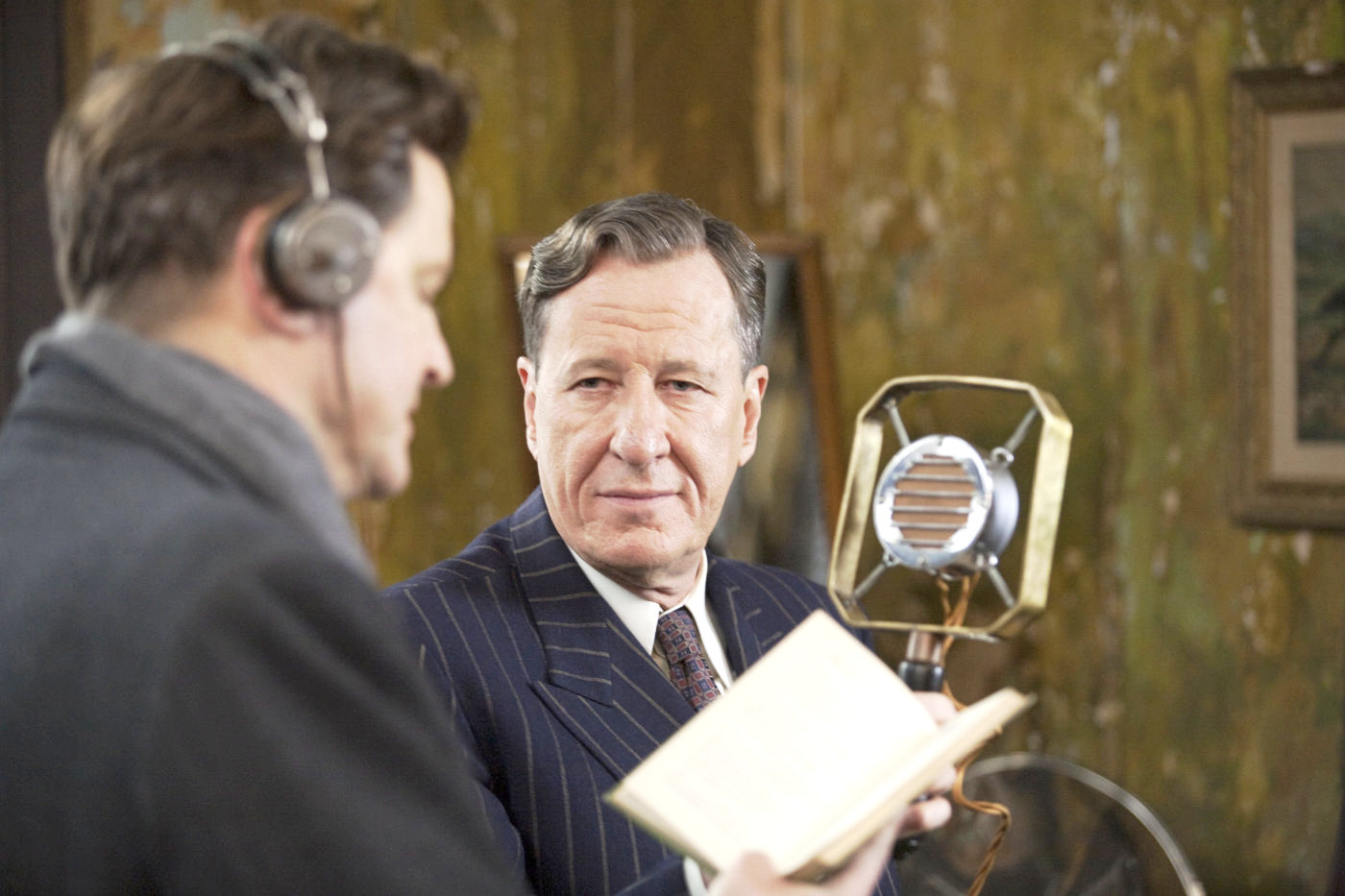
One of the biggest hits of 2010, The King’s Speech raked in $400 million at the box office (I was surprised too), and won a countless number of awards.
Directed by Tom Hooper and written by David Seidler, the story follows King George VI (Colin Firth) who, to cope with a stammer, sees Lionel Logue, an Australian speech and language therapist played by Geoffrey Rush.
The men become friends as they work together, and after his brother abdicates the throne, the new king relies on Logue to help him make his first wartime radio broadcast on Britain’s declaration of war on Germany in 1939.
The film received many awards and nominations, particularly for Colin Firth’s performance; his Golden Globe Award for Best Actor was the sole win at that ceremony from seven nominations. The King’s Speech won seven British Academy Film Awards, including Best Picture, Best Actor (Firth), Best Supporting Actor (Rush), and Best Supporting Actress (Helena Bonham Carter).
The film also won four Academy Awards: Best Picture, Best Director (Hooper), Best Actor (Firth), and Best Original Screenplay (Seidler). The King’s Speech received virtually universal critical acclaim as historically accurate and functional, but also as crowd pleaser, not to mention the inspired performances.
However, in the years since the ceremony, other contenders like Inception and The Social Network have grown in popularity, praise, and rewatchability, while The King’s Speech has set an example of attributes the Academy enjoys: British subject matter, historical context, overcoming of a physical struggle, and older white people. I truly commend The King’s Speech. I certainly enjoy it, but it has kind of been tossed to the side as one that is great, but maybe shouldn’t have won the big prize.